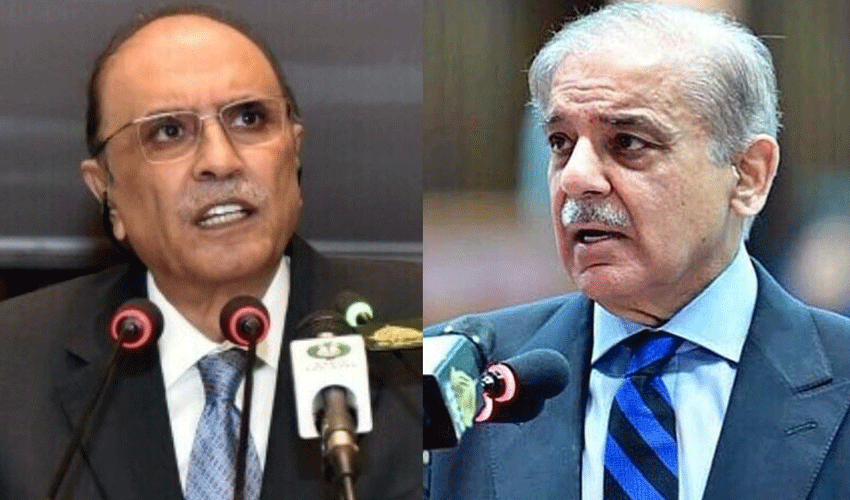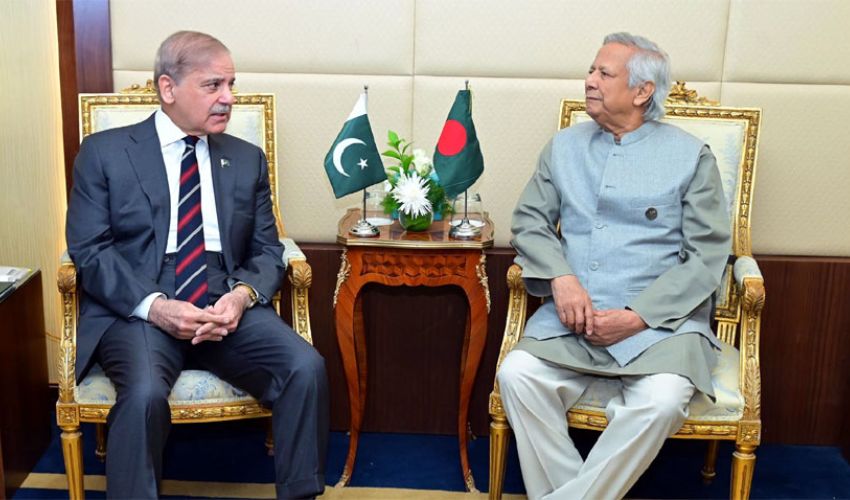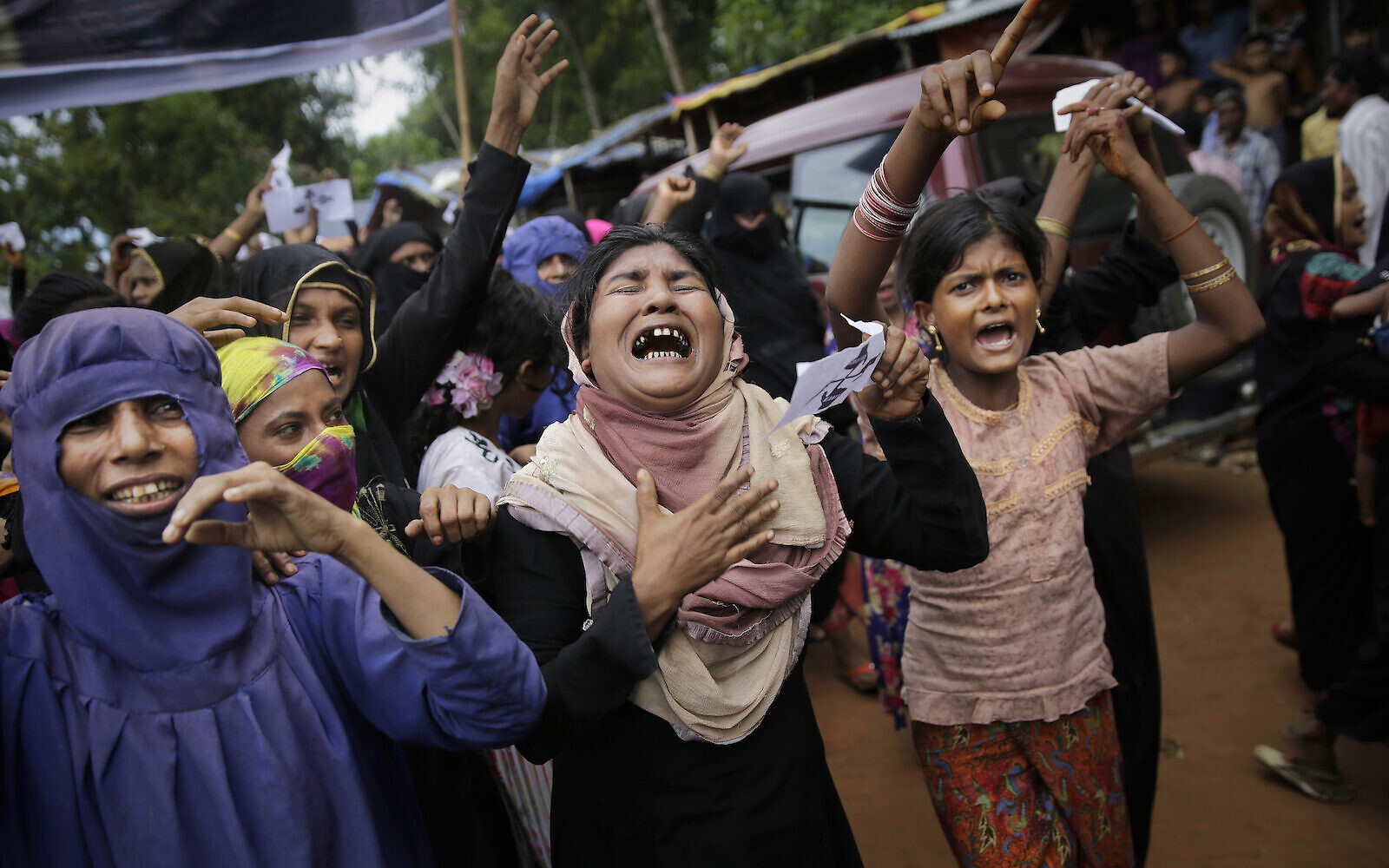There is a growing demand for raising tax on tobacco in order to save lives.
Dr Zaman, the founder chairman of the Department of Sociology at Quaid-e-Azam University (QAU) and Head of Zaman Research Center, says that tobacco taxation saves lives and diverts resources to essential public health initiatives, as cigarettes are unnecessary and dangerous.
Cheap cigarettes are the leading cause of overconsumption and, ultimately, disease and death in the country.
According to Dr Zaman, there are gaps in the tax collection mechanism and the need to raise taxes on tobacco products, particularly cigarettes, which the Sustainable Development Policy Institute (SDPI) has already pointed out.
The institute published a detailed report based on official statistics, which said that the country has lost Rs7.6 billion in revenue over the last seven years.
The report, titled 'Tobacco Taxation in Pakistan Reveals Rs567 Billion Revenue Loss to Government Exchequer', reveals the huge financial loss caused by the tobacco industry to the national exchequer.
Cheap cigarettes are the major reason for excessive consumption, which in turn leads to diseases and fatalities in the nation, according to Dr Zaman, who stated that cigarettes are an unnecessary and fatal product. One globally tested method of lowering cigarette usage is to raise the price of the product.
Dr Zaman affirmed the alignment of tobacco tax with the guidelines outlined by the World Health Organization (WHO), including global best practices and Article 6 of the WHO Framework Convention on Tobacco Control (FCTC).
To substantiate his argument of making it unaffordable to reduce cigarette consumption, Dr. Zaman cited a recent research report, which stated that the increase in the price of cigarettes has resulted in a decrease in consumption.
According to a report by an Islamabad-based think tank, "one in every 94 smokers is forced to quit smoking after a significant tax hike".
Interviews with smokers and data collected show that they are now saving money by quitting smoking to meet other needs such as food, education, and health of their children.
Over 31 million Pakistani adults (15+) use tobacco, accounting for 19.7% of the total adult population, the highest in the world, said Malik Imran, country head of the Tobacco Free Kids Campaign. Highlighting the figure, he referred to the annual loss of Rs615 billion.
He used World Bank research to support his claim that there is sufficient room to raise the tax on tobacco goods. Raising the rate to 26% would allow the government to collect an extra Rs17.65 billion from this sector.



























